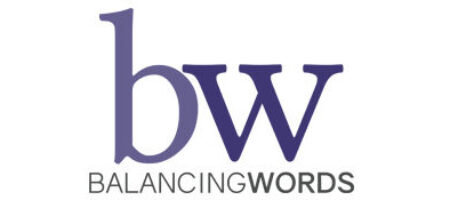An important step in the writing process is having someone else read your work and give you feedback. In the early stages of your writing, you need big picture feedback, someone to tell you whether what you’re writing is working in general. If you’re part of a critique group or have an accountability or writing partner, this is the perfect job for them.
Once you’ve completed your manuscript, it’s time to move up to the next level of feedback: professional editing.
Most people have an idea of what professional editing entails, but there’s more to editing than fixing typos or punctuation. A number of new authors I talk to are overwhelmed by the different types and levels of editing offered. A Google search for types of editing doesn’t necessarily clear things up, either, as each type of editing may be defined a bit differently from site to site.
After spending the last several years working in the editing field, I’ve settled on three basic types and definitions of editing to keep things simple in my mind. The first two fall under the umbrella of content editing, each with two sub-types that are closely related but work at different levels based on the depth of the edit you want or need.
My descriptions for each type of editing will be general, but I was delighted to come across a post on the Book Editing Associates website that closely aligns with my thinking and goes into specific detail, listing the items and editor looks at in each type of editing.
Evaluation/Developmental Edit
A manuscript evaluation and a developmental edit both give a big-picture view of your book, but the developmental edit goes into more detail, takes longer, and brings the scope to more of a page level instead of the chapter level of an evaluation. This is a good place to start once you’ve finished your draft, have run it past your critique group/writing partner, and want to make sure your approach works for your target audience.
Starting with a manuscript evaluation or developmental edit like this gives you the opportunity to make changes to your story structure (if you write fiction) or chapter structure (if you write nonfiction) based on editor feedback. (Hopefully you’re working with an editor that understands your target audience needs and the basics of genre-specific marketing.)
Substantive/Line Edit
A substantive edit often includes a line edit, though you can get a line edit by itself if you choose. A substantive edit brings the focus to the paragraph level, while a line edit is, well, a line edit.
During a substantive edit, the editor will look closely at the details of your story for consistency in the details (for example, your main character has blue eyes at the beginning but hazel eyes in chapter ten), redundancy, point of view, characterization, setting, plot and placing, etc.
Writer’s Digest defines a line edit as “one that considers only the prose itself and how efficiently and effectively the author has used it to convey her intentions.” Now you can see why a line edit can be included in a substantive edit but can also be done by itself.
Proofread/Copyedit
As with the previous two types of editing, a proofread and a copyedit differ by the depth and detail of the edit. A proofread looks for mistakes with punctuation and spelling. A copyedit does the same but also looks at language use for word accuracy (their, there, they’re, etc.), style consistency (numbers, hyphen use, etc.), adherance to grammar rules, etc. If you’re lucky, your copyeditor will note if they notice an issue in your manuscript related to content during their edit. Remember, it’s not their job to do that, so don’t get upset if the copyeditor doesn’t catch what your content editor(s) missed.
A Good Edit is Worth Every Penny
Professional editing isn’t cheap, and, if you’re serious about giving your book its best chance at success, you don’t want cheap editing. As a reader, before venturing into the editing world, a big red flag to me when considering a book to buy was a negative reviews claiming the book needed editing. You’ve invested time, money, and effort (and probably tears, too) bringing this book to life. It’s worth investing in a good edit to honor that effort. You deserve it, and your book does, too. Your future agent will appreciate the investment, and so will your readers.

